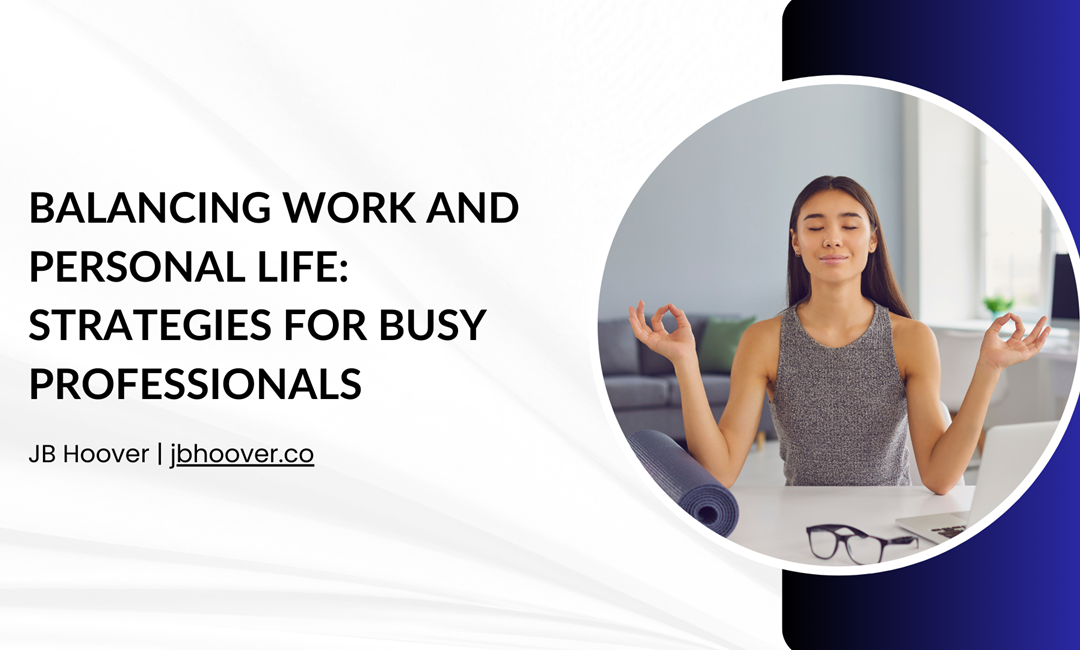In today’s fast-paced world, balancing work and personal life can be challenging, especially for busy professionals. Long hours, demanding deadlines, and competing priorities often leave individuals feeling overwhelmed and burnt out. However, with the right strategies and mindset, achieving harmony between professional responsibilities and personal well-being is possible.
Establishing clear boundaries is one of the first steps in balancing work and personal life. Set specific work hours and stick to them as much as possible. Communicate these boundaries to colleagues and supervisors to ensure they respect your time. When you’re off the clock, resist the temptation to check emails or take work calls. Prioritize self-care activities, engage in hobbies, spend time with loved ones, and relax.
Effective time management is another key strategy for balancing work and personal life. Prioritize tasks based on importance and deadlines, and break larger projects into smaller, more manageable tasks. Use tools such as calendars, planners, and to-do lists to stay organized and on track. Be realistic about your daily accomplishments and learn to delegate tasks when necessary.
Additionally, it’s essential to learn to say no. As a busy professional, you may often find yourself inundated with requests and obligations. However, saying yes to everything can lead to burnout and resentment. Learn to prioritize your needs and commitments and politely decline requests that don’t align with your priorities or values.
Furthermore, make self-care a priority. Take regular breaks throughout the day to rest and recharge. Step away from your desk, take a short walk, or engage in brief relaxation exercises to clear your mind and reduce stress. Incorporate micro-breaks into your routine, such as deep breathing exercises or stretching, to prevent mental and physical fatigue.
Another effective strategy for balancing work and personal life is to delegate tasks and responsibilities whenever possible. Whether it’s at work or at home, feel free to ask for help. Delegate tasks to colleagues, family members, or hired professionals to lighten your load and free up time for activities that are important to you.
Moreover, learn to compartmentalize and focus on the present moment. When you’re at work, give your full attention to the task at hand. When you’re at home, be fully present with your loved ones and engage in activities that bring you joy and fulfillment. Avoid multitasking, as it can lead to decreased productivity and increased stress.
Lastly, don’t forget to communicate openly and honestly with your employer, colleagues, and loved ones about your needs and boundaries. Let them know when you feel overwhelmed or stressed, and work together to find solutions supporting your well-being. Remember that achieving balance is an ongoing process, and asking for help when needed is okay.
In conclusion, balancing work and personal life is essential for maintaining health, happiness, and overall well-being. Busy professionals can achieve harmony between their professional responsibilities and personal lives by establishing boundaries, managing time effectively, prioritizing self-care, delegating tasks, staying present, and communicating openly.
